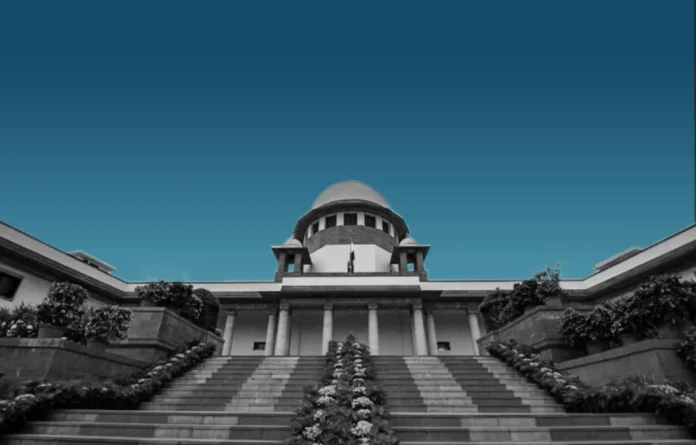The Supreme Court on Monday dismissed at least three petitions challenging the 42nd Amendment to the Constitution of India, which added terms like ‘socialist’ and ‘secular’ to its Preamble.
The Bench of Chief Justice of India Sanjiv Khanna and Justice PV Sanjay Kumar observed that there was no need to further deliberate and adjudicate on the writ petitions as the amending power of the Parliament over the Constitution extended to the Preamble as well.
It said the process could not be nullified after the passage of many years. The date of the adoption would not curtail the government’s power under Article 368, which was not under challenge in the current petitions.
The top court of the country further observed that it has adverted to what socialism and secularism would mean in the Indian context and how the policy on the same was to be framed by the government.
Earlier on November 22, the Bench had reserved its verdict in the matter.
The Apex Court had observed that in SR Bommai case, the Apex Court had adequately addressed the interpretation of secularism, calling secularism a part of the basic structure doctrine.
It further said that the 42nd Amendment had already undergone judicial scrutiny in the past when the Supreme Court examined it on previous occasions. The Bench could not say whether what Parliament did previously was all nullity.
The petitions were filed by former Rajya Sabha Member of Parliament (MP) and BJP leader Subramanian Swamy, Advocate Ashwini Upadhyay, and one Balram Singh.
Earlier in October, the Supreme Court had observed that secularism has been held to be a core feature of the Constitution and that the terms “socialist” and “secular” in the Preamble to the Indian Constitution need not be looked at through the western lens.
Upadhyay argued on November 22 that the inclusion of these terms through the 42nd Amendment during the Emergency was unconstitutional, as the amendment was enacted by the Parliament in extraordinary circumstances, including an extended Lok Sabha tenure. Such changes fundamentally altered the Constitution without the ratification from States, he added.
Advocates Vishnu Shankar Jain and Alakh Alok Srivastava also made submissions on November 22.
Jain submitted that no one could force the people of this country to follow a particular ideology.
The Court responded that no one was doing that at all.
The petitioners added that the terms secularism and socialism were not comprehensively analysed in the Minerva Mills case.
Communist Party of India (CPI) leader and Rajya Sabha member Binoy Viswam opposed the pleas by way of a petition filed through Advocate Sriram Parakkat.


